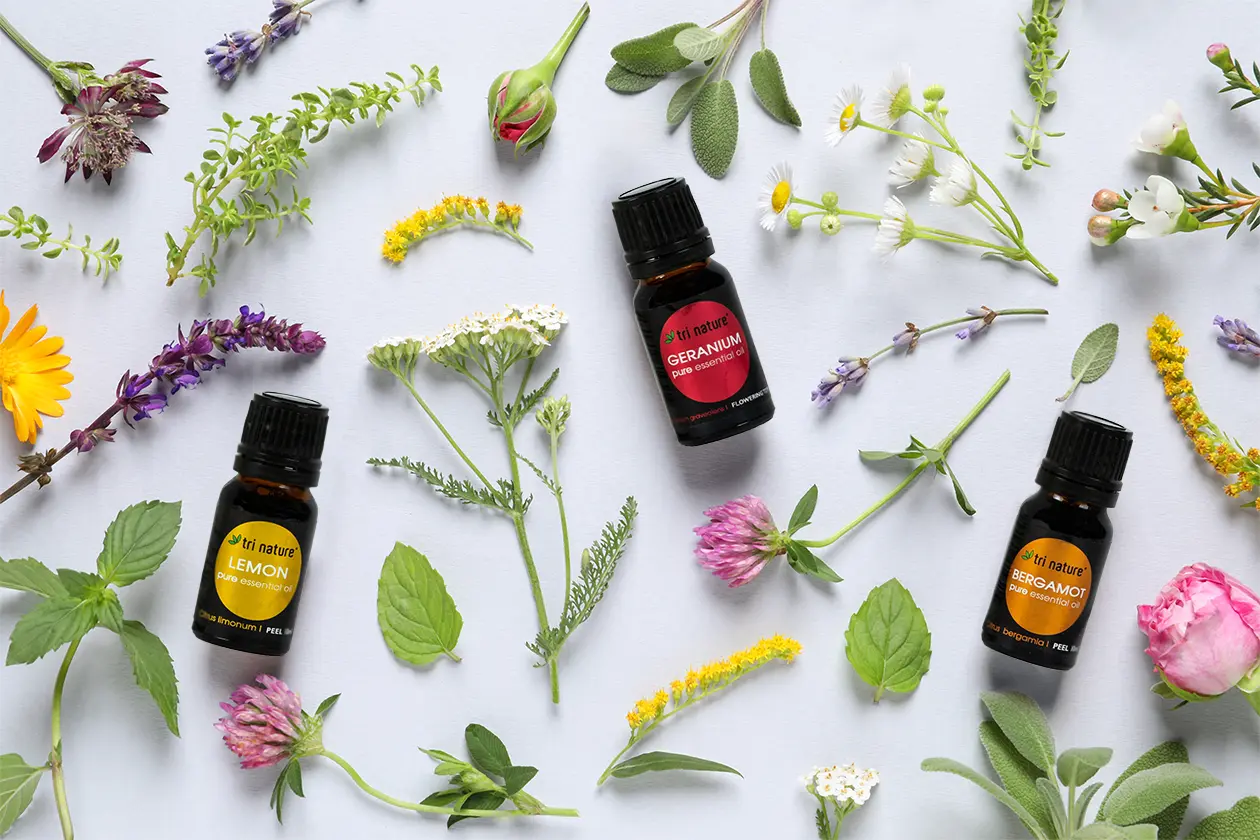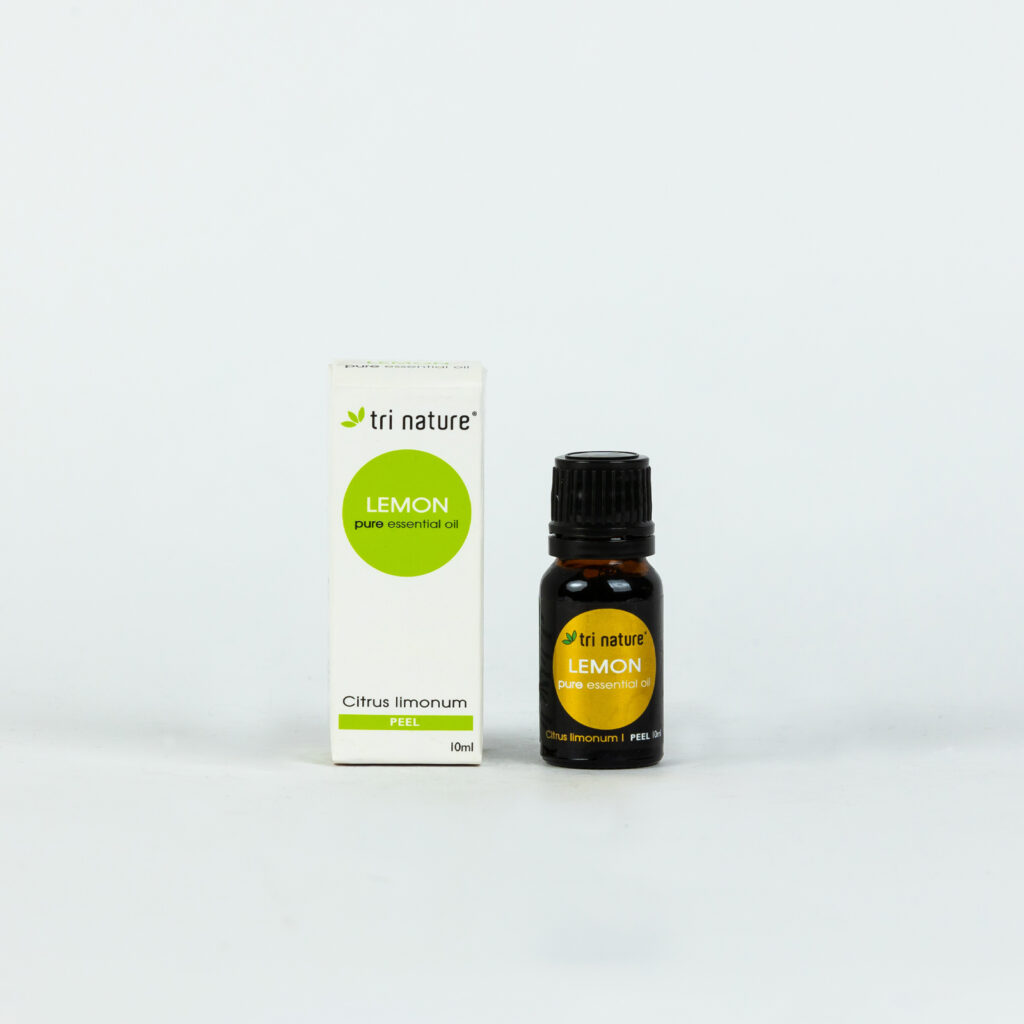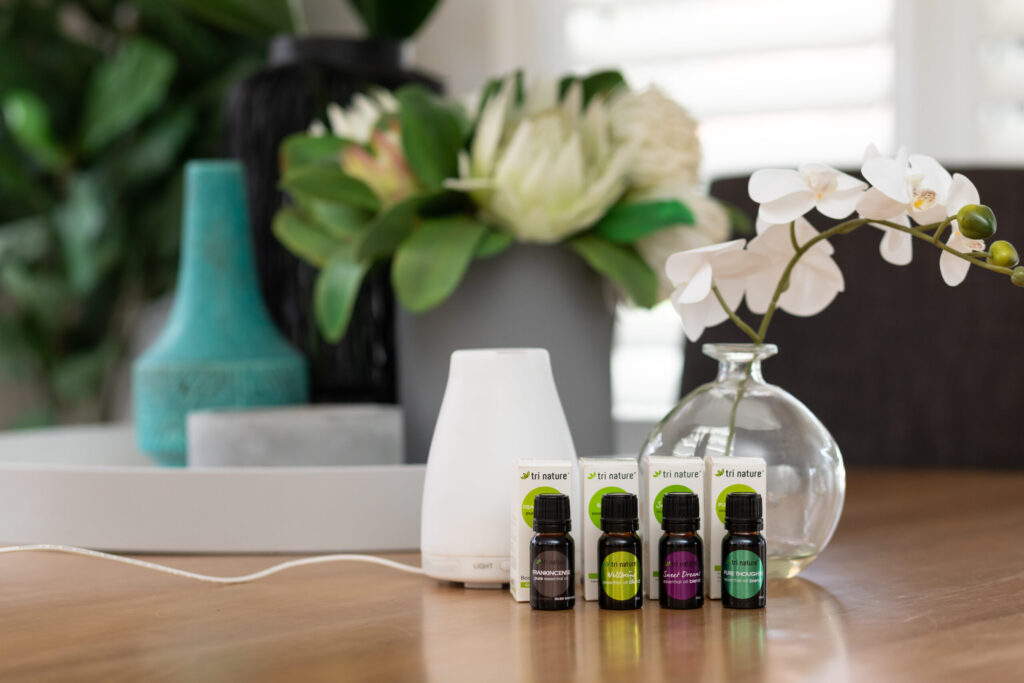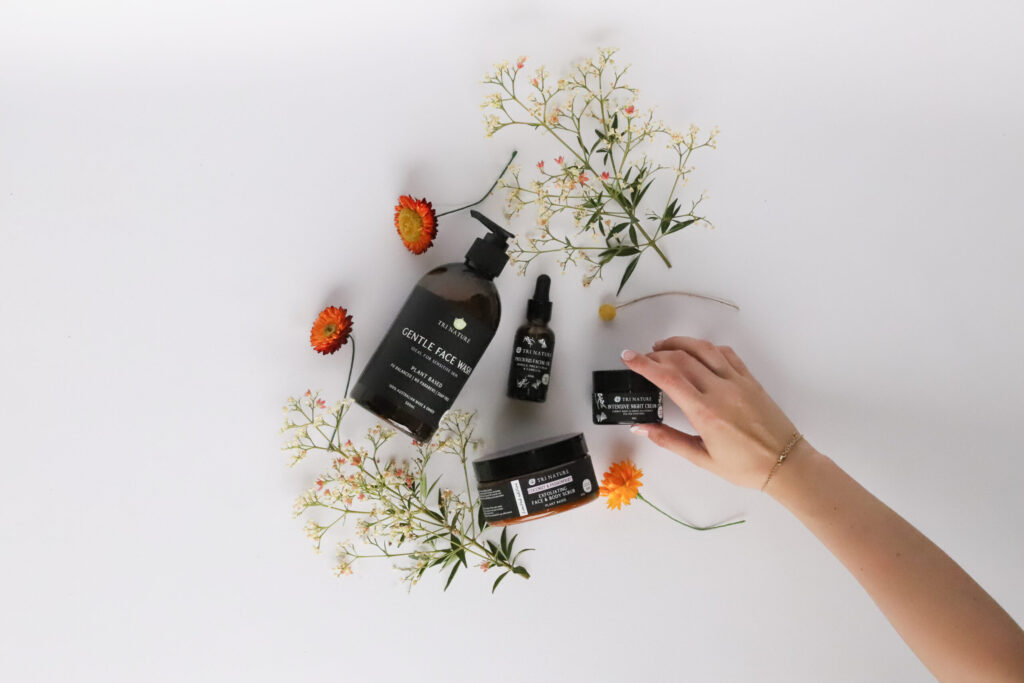If you love essential oils (like we do), you have probably come across all sorts of claims from different companies trying to make their essential oils sound better. These claims can often be confusing especially when they start talking about different grades of essential oil.
Whether it be Therapeutic Grade, Grade A, Certified Therapeutic, Medical Grade, or High Grade these terms don’t mean much and are often just marketing terms. It might be surprising to learn that there isn’t a national or international organisation that regulates or certifies essential oils as “Therapeutic Grade” (or similar). There are however international standards (ISO standards) that set out the characteristics and specifications of pure essential oils and what products can be called essential oils.
These ISO standards can be used to assess the quality and purity of essential oils. Several testing methods are used to assess purity including relative density, optical rotation, and Gas Chromatography / Mass Spectrometry (GC-MS).
Essential oils are usually classified as Pure Essential Oils, Certified Organic Pure Essential Oils, Commercial Grade Oils, or Fragrance Oils.
Pure Essential Oils – Conventional
Pure essential oils are those that only contain the essential oil extracted directly from the plant and meet the quality specifications set out in the ISO standards. These oils are the highest quality oils and do not contain any other materials.
These pure essential oils can be Single Origin or Blended Origin. Single Origin is when the oil is made from plants grown only in a specific geographical location (or even a single farm), whereas blended oils are extracted from plants grown in different areas.
Pure Essential Oils – Certified Organic
Whilst there is little to no regulation around “Therapeutic Grade” essential oils there is regulation around “Certified Organic” essential oils. Just like the conventional pure essential oils, certified organic essential oils are extracted directly from the plant and meet the quality specifications set out in the ISO standards. However, the plants used are farmed according to organic standards (without pesticides) and the extraction process also meets those specified in the organic standards.
Organic Certification is performed by recognised regulatory bodies around the world including ACO Certification Ltd (Previously Australian Certified Organic) in Australia.
Many of the conventional pure essential oils mentioned above are also extracted from plants that are farmed without pesticides but have just not undergone the rigorous and often expensive organic certification process.
Commercial Grade Oils
Commercial grade oils are usually essential oils blended or extended with either natural isolates (extracted from other plant sources) or synthetic components to create oils that are ideal for aroma and flavour purposes but are not 100% essential oils.
Fragrance Oils
Fragrance Oils are often referred to as Aroma Oils, Perfume oils, or Synthetic Oils and often contain no or limited amounts of essential oil even though they have a similar aroma. Some fragrance oils do contain significant amounts of essential oil, but it is difficult to determine from the aroma alone. Fragrance oils are a blend of many different components that are combined to create a distinct aroma.
Fragrance oils are used to create aromas in many product types including cleaning products, personal care products, candles, toys, and perfumes. These fragrance oils and the components that go into them comply with the standards set by the International Fragrance Association (IFRA) to ensure their safe use.
Food Grade
Some essential oils (e.g. Peppermint) are generally recognised as safe (GRAS) for consumption and can be used in food but these need to not only meet the ISO standards but must also be handled accordingly with Food Safety Standards such as HACCP. Most essential oils are not processed or handled in accordance with Food Safety Standards so are not suitable for ingestion.
Tri Nature does not supply food grade oils as we are not a registered food business and we do not recommend the ingestion of any of our oils. Tri Nature oils are suitable for aromatherapy, fragrance, and cosmetic purposes only.
Many oils are toxic if ingested, including Eucalyptus and Wintergreen. Therefore, care needs to be taken when handling these essential oils to avoid ingestion.
Tri Nature Essential Oils: A Commitment to Quality
Tri Nature is committed to supplying high quality 100% pure essential oils and our specially crafted blends of these oils. We have worked with our trusted suppliers over the last 35 years to ensure that we are providing the highest quality and purity of essential oils for our customers.
Our suppliers share our dedication to purity, quality, and sustainability and all of their essential oils are ISO certified, which guarantees their adherence to stringent international standards in safety, environmental management, and product integrity. This certification reflects the care and precision that goes into every stage of their production process, from harvesting to distillation and packaging.
The Tri Nature essential oils are subjected to stringent quality control processes including thorough testing to verify the purity and authenticity of every essential oil. Each batch is analysed to meet the high standards our customers expect, ensuring that we only supply premium quality oils.
Find out more about our essential oils and creating your own essential oil blends in our Essential-Oil-Guide.



